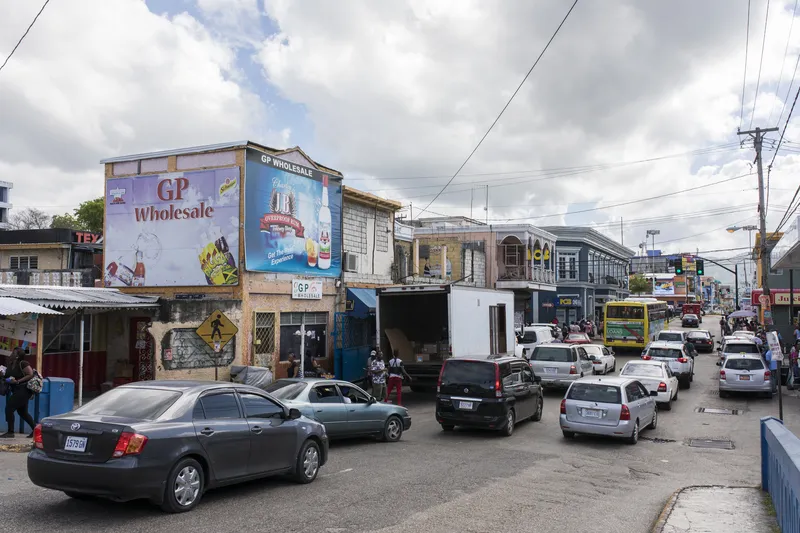Members of the Slovak Parliament are assessing the new EU regulation which introduces the electronic safety chip as part of the mandatory car equipment from 2015. The chip is intended to save lives of car accident victims, as it will automatically call the rescue service in case in the event of a serious crash, relaying the time and place of the accident and exact location of the vehicle.
September 13, 2012
Read time: 1 min
Members of the Slovak Parliament are assessing the new EU regulation which introduces the electronic safety chip as part of the mandatory car equipment from 2015. The chip is intended to save lives of car accident victims, as it will automatically call the rescue service in case in the event of a serious crash, relaying the time and place of the accident and exact location of the vehicle.
Skoda currently offers installation of an emergency system for US$ 720; however by 2015 the chips are expected to cost under US130. Currently only 0.7 per cent of cars in the EU are equipped with such a safety device.
The Slovak Transport Ministry plans to create a US$190 million National Traffic Information System, which will collect data provided by the activated safety chips and use it to inform drivers about road accidents and traffic jams.
Skoda currently offers installation of an emergency system for US$ 720; however by 2015 the chips are expected to cost under US130. Currently only 0.7 per cent of cars in the EU are equipped with such a safety device.
The Slovak Transport Ministry plans to create a US$190 million National Traffic Information System, which will collect data provided by the activated safety chips and use it to inform drivers about road accidents and traffic jams.










